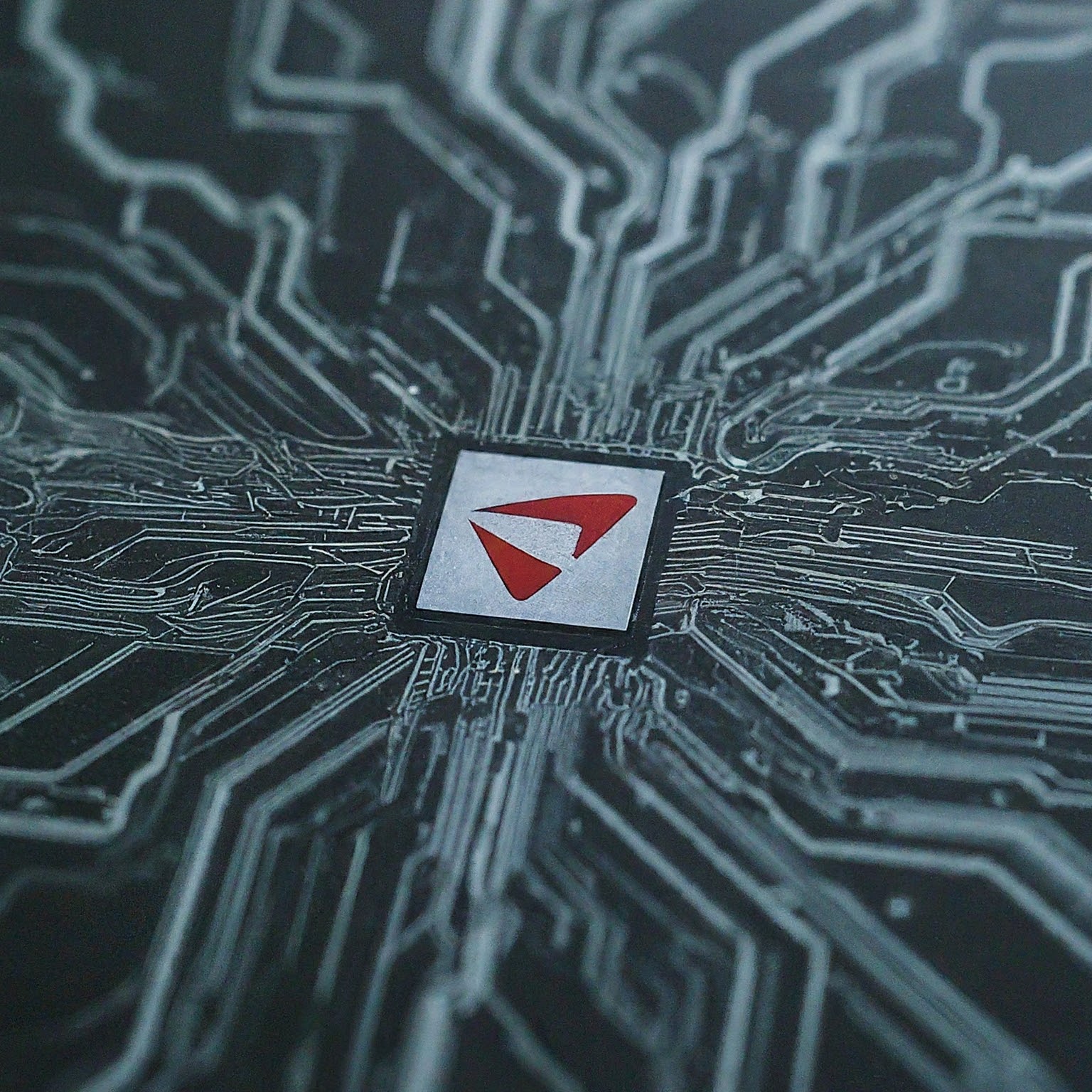- 10 June 2024
- 57
Taming the Wild West: Verizon on Responsible A

Introduction
Meet Dr. Sophia Khan, a renowned AI ethicist at Verizon. With over a decade of experience navigating the complexities of artificial intelligence, Dr. Khan is passionate about harnessing AI’s potential for good. In this blog, Dr. Khan explores the concept of Responsible AI, a critical approach for ensuring AI benefits society without unintended consequences.
The AI Frontier – A Double-Edged Sword:
Imagine a world where AI streamlines daily tasks, personalizes experiences, and accelerates scientific breakthroughs. This is the exciting promise of Artificial Intelligence (AI). However, like the Wild West of the past, the rapid development of AI raises concerns. Biases in algorithms, lack of transparency, and potential job displacement are just some of the challenges we face.
Why Responsible AI Matters Now:
The decisions we make today about AI development will shape our future. Dr. Khan emphasizes, “Responsible AI is not a luxury, it’s a necessity.” By prioritizing ethical considerations, we can ensure AI:
- Serves humanity: AI should be a tool to empower, not control.
- Reflects our values: AI systems should be free from bias and promote fairness.
- Prioritizes safety: Robust security measures are essential to mitigate risks.

Verizon’s Pillars of Responsible AI:
At Verizon, Dr. Khan outlines four key principles guiding their approach to AI development:
- Transparency & Explainability: Understanding how AI systems arrive at decisions fosters trust and accountability.
- Fairness & Equity: Data used to train AI models must be diverse and free from bias to avoid perpetuating inequalities.
- Human Control & Accountability: Humans must remain in control of AI systems, with clear lines of responsibility for their actions.
- Security & Privacy: Robust safeguards must protect user data privacy and prevent malicious actors from exploiting AI vulnerabilities.
The Road Ahead: Building Trust in AI:
Building trust in AI requires ongoing dialogue and collaboration. Dr. Khan highlights the importance of:
- Public education: Raising awareness about AI capabilities and limitations fosters informed discussions.
- Industry collaboration: Shared best practices and ethical frameworks are crucial for responsible AI development across sectors.
- Independent oversight: Rigorous oversight mechanisms ensure responsible AI development adheres to ethical principles.
Benefits of Responsible AI Development:
Comparison Table: AI vs Traditional Systems
| Feature | AI | Traditional Systems |
|---|---|---|
| Efficiency | Automates tasks, optimizes processes | Manual processes can be time-consuming |
| Accuracy | Reduces errors, improves data analysis | Prone to human error |
| Personalization | Tailors experiences to individual needs | Limited ability to adapt to individual needs |
| Innovation | Drives new discoveries and applications | Slower pace of innovation |
By prioritizing responsible AI, we can unlock these benefits while mitigating potential risks.
Conclusion: Partnering for a Thriving Future with AI
The future of AI is bright, but it requires a collective effort. Dr. Khan concludes by urging readers to join the conversation. Working together, we can ensure AI becomes a powerful force for good, shaping a future that benefits all.

